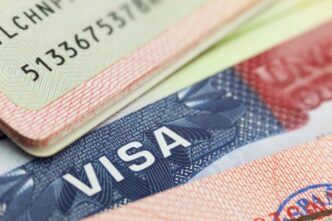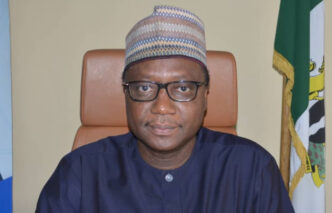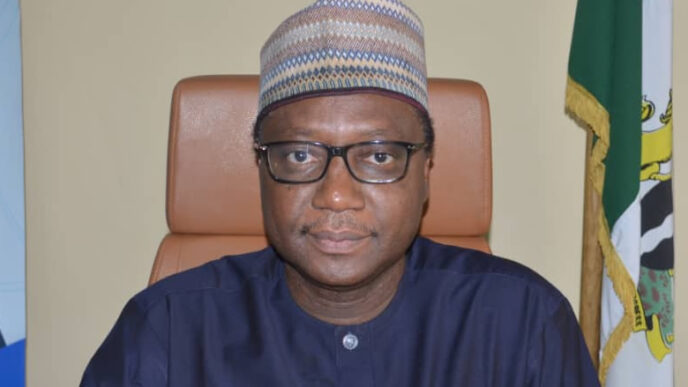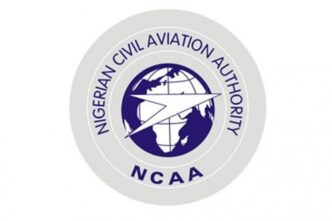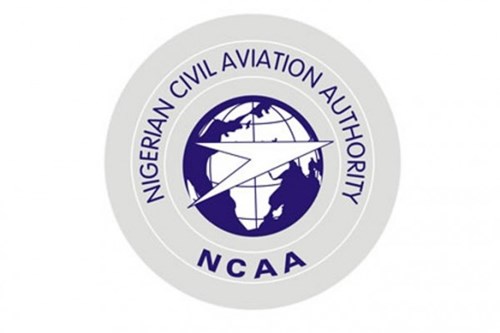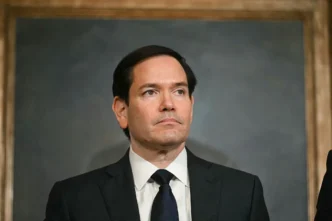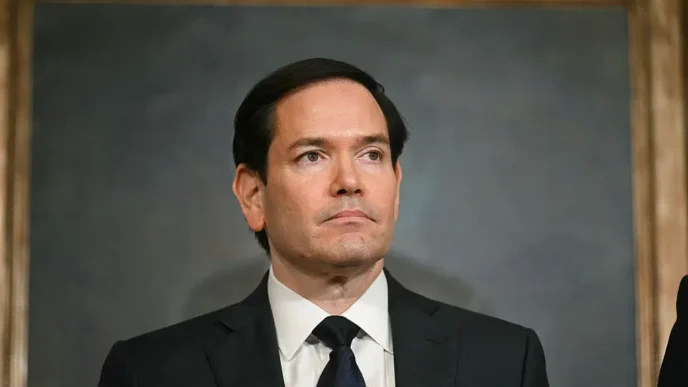The Federal Government of Nigeria has announced plans to introduce reciprocal visa measures following a new requirement by the United States for Nigerian applicants to submit their social media information from the past five years.
On Sunday, the US Mission in Nigeria revealed that applicants must now disclose usernames, email addresses, and phone numbers linked to all social media platforms they have used.
It further warned that omission of this information could result in immediate visa denial and possibly bar future entry into the United States.
Reacting swiftly, Nigeria’s Ministry of Foreign Affairs stated that the government would respond with equal action against US citizens applying for Nigerian visas.
Ministry spokesman Kimiebi Ebienfa explained that reciprocity was the guiding principle of visa relations.
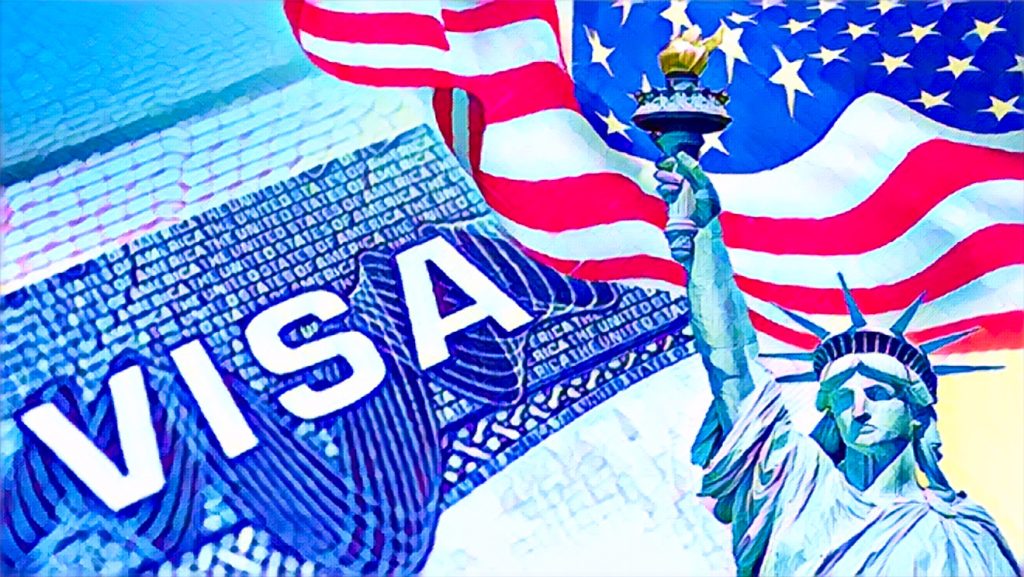
“We are aware of the development. I think it’s part of the new measures they informed us before now that they will implement,” Ebienfa told reporters.
“So, on things of this nature, the best we can do is to carry out reciprocal action. Some people from the US might want to apply for a visa, and we will adopt the same measures.”
He stressed that anything concerning visas is reciprocal, adding: “What you are mandating our nationals to do, we will also mandate your citizens applying for our visa to do.”
According to the US Mission, the rule applies to all applicants, covering social media profiles, usernames, handles, email accounts, and phone numbers used in the past five years.
“Visa applicants are required to list all social media usernames or handles of every platform they have used from the last five years on the DS-160 visa application form,” the Mission said.
It added that failure to comply would lead to rejection. “Omitting social media information on your application could lead to visa denial and ineligibility for future U.S visas.”
The new policy was introduced as part of efforts by the US government to enhance national security.
Officials noted that the move is consistent with immigration-tightening measures that began under former President Donald Trump.
Meanwhile, the US State Department disclosed that over 6,000 student visas had been revoked since Secretary of State Marco Rubio assumed office seven months ago.
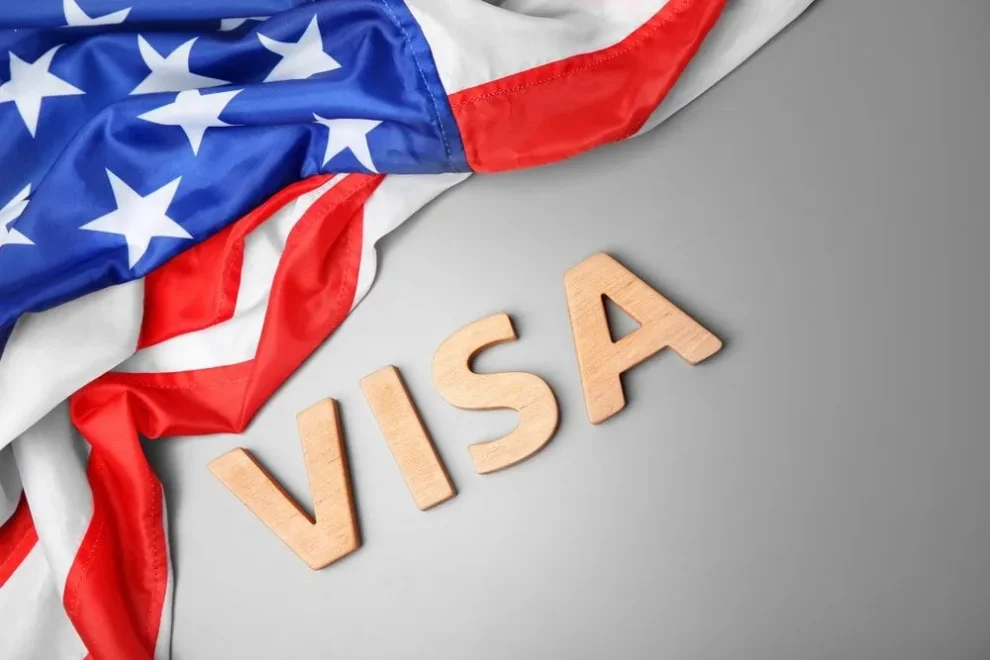
The Ministry of Foreign Affairs said Nigeria would soon convene an inter-agency meeting involving the Interior Ministry and the National Intelligence Agency to determine how best to enforce the reciprocal policy.
“The government will have an inclusive meeting that will involve the Ministry of Foreign Affairs, the Ministry of Interior and also our National Intelligence Agency, NIA,” Ebienfa explained.
“So, the stakeholders that are involved will have a meeting and agree on our best way to respond to it holistically.”
The sudden US visa rule has been described by many Nigerians as unexpected, particularly for applicants who rely heavily on student and work visas.
However, the Federal Government’s decision to apply equal measures signals a growing emphasis on mutual respect and balanced diplomacy in international travel rules.
